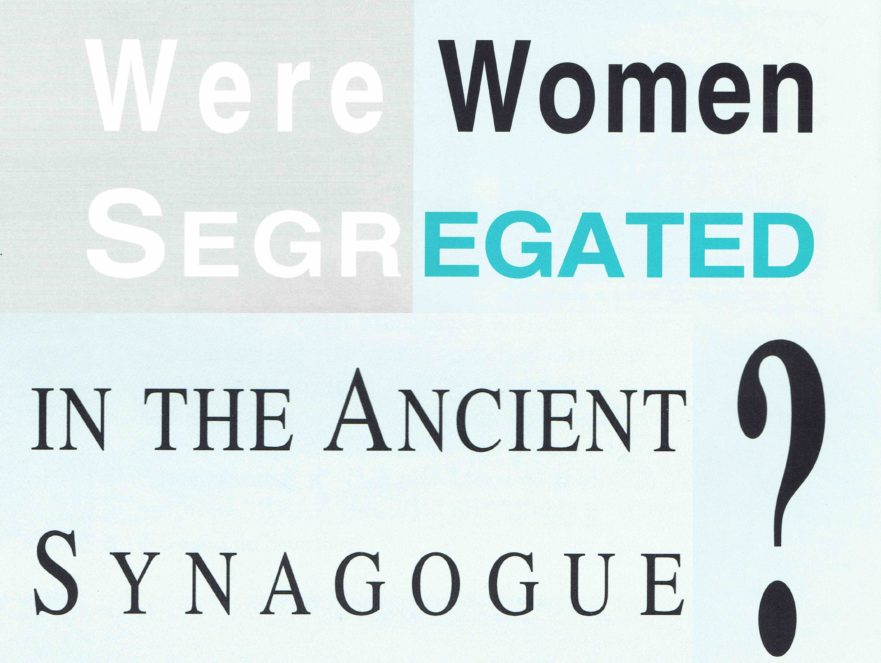Did women play a passive role in the synagogue congregations of antiquity? Were they separated from male members of the congregation during prayer and study, as is the case today? According to Professor Shmuel Safrai, the answer to both questions is a resounding “No.”
The Nature of Jesus’ Task
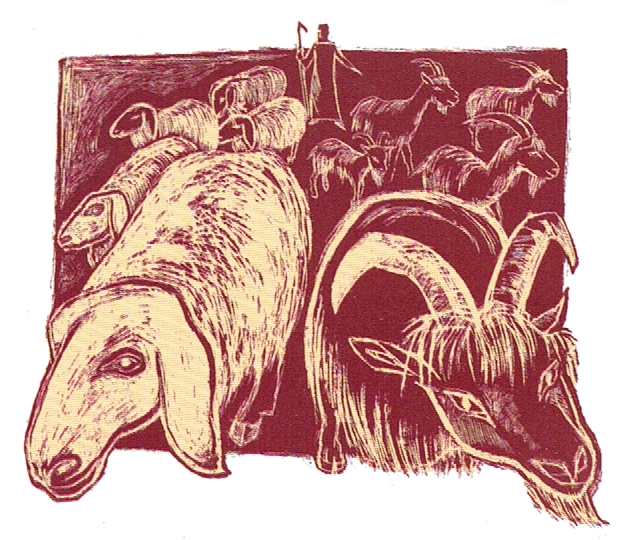
Christians read their Bibles through a lens of historical hindsight to illuminate certain features of Jesus’ teaching. Jews living in the first century did not have this benefit, and even one as saintly as John the Baptist struggled with aspects of Jesus’ messianic conduct.
One Torah Reader, Not Seven!
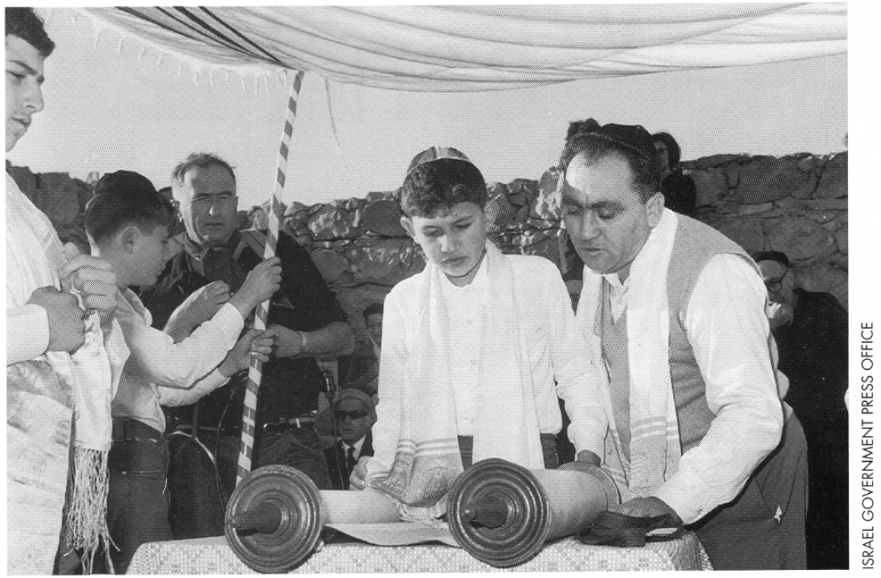
Only around 100 A.D. did it become the custom to have the weekly Torah portion read by seven persons.
What Was Simon Peter Wearing When He Plunged into the Sea?

Was Peter actually fishing naked, or was he merely “stripped to the waist,” as the Living Bible says? And what did he put on before swimming to Jesus?
The Cross: A Symbol of Solidarity
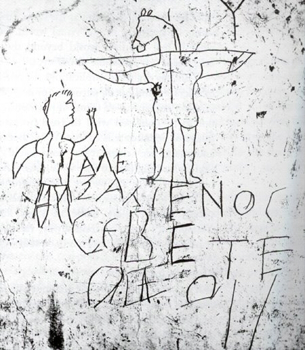
For Christians the suffering that Jesus endured, especially on the cross, has far reaching spiritual, theological and doctrinal significance. Accordingly, the cross has assumed a place of prominence in both Catholic and Protestant symbolism.
Hendiadys in the Synoptic Gospels

Hebraisms are as ubiquitous in the Synoptic Gospels as cats in Jerusalem.
Gergesa, Gerasa, or Gadara? Where Did Jesus’ Miracle Occur?
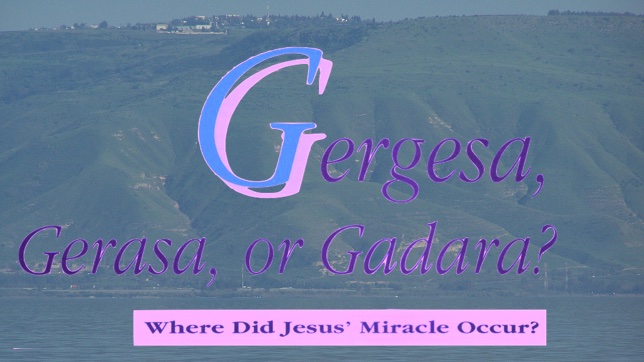
Christian tradition, at least since the fourth century, has identified Kursi-Gergesa with the miracle of the swine. But can this tradition be trusted? An Israeli geographer-historian gives us his answer.
Anti-Jewish Tendencies in the Synoptic Gospels
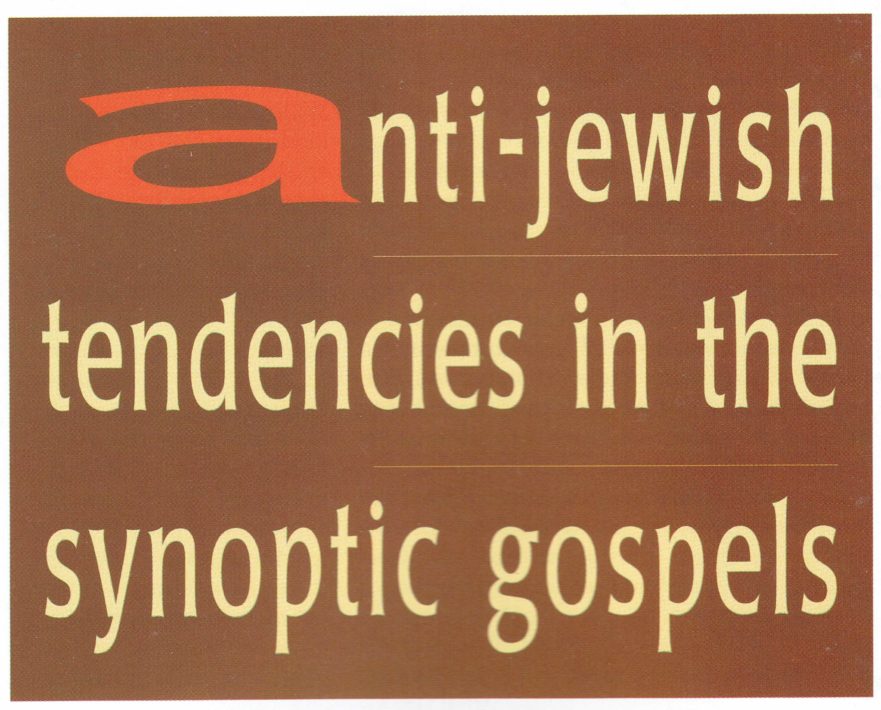
The scourge of anti-Semitism has not departed from the Church. Though recently there have been encouraging signs, many Christians still harbor prejudice against Jews. The Synoptic Gospels may have helped spawn this prejudice. They may even play a continuing role in perpetuating it.
Paraphrastic Gospels
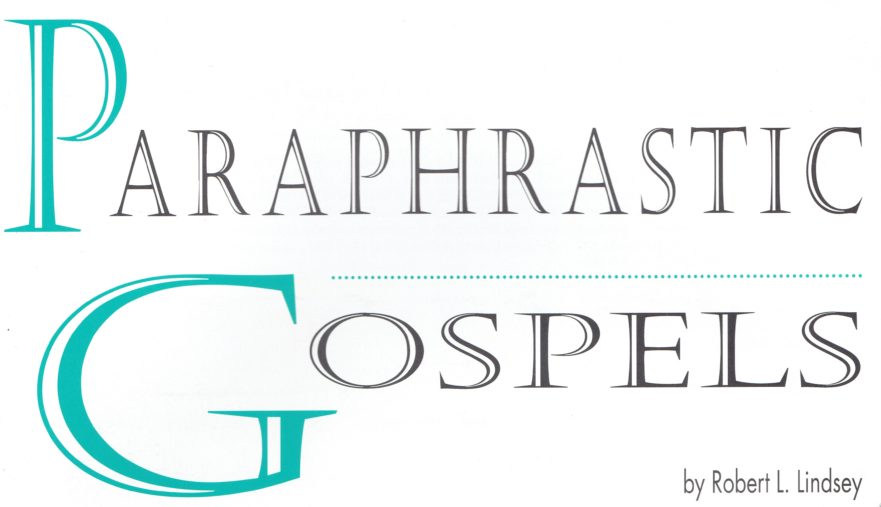
As Robert Lindsey realized in 1962, Mark reworked Luke’s Gospel in writing his own. Mark liked to substitute synonyms for nearly anything that Luke wrote. If, for instance, Luke used the singular of a noun, Mark substituted the plural form of the same noun in writing his Gospel. And vice versa: if Luke used the plural, Mark substituted the singular. In this article, Robert Lindsey surveys a unique substitution category found in Mark’s Gospel: the replacing of one verse of Scripture with another.
Esteeming the Jewish People
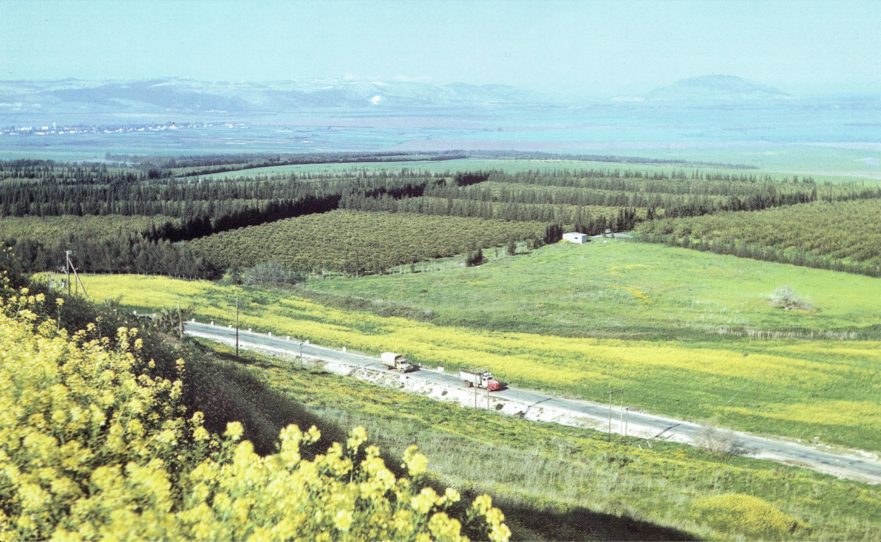
Preoccupation with Christ’s second coming underlies much professed love for and interest in the Jewish people and their homeland. I find this “love” and “interest” cause for concern.
Gergesa: Site of the Demoniac’s Healing
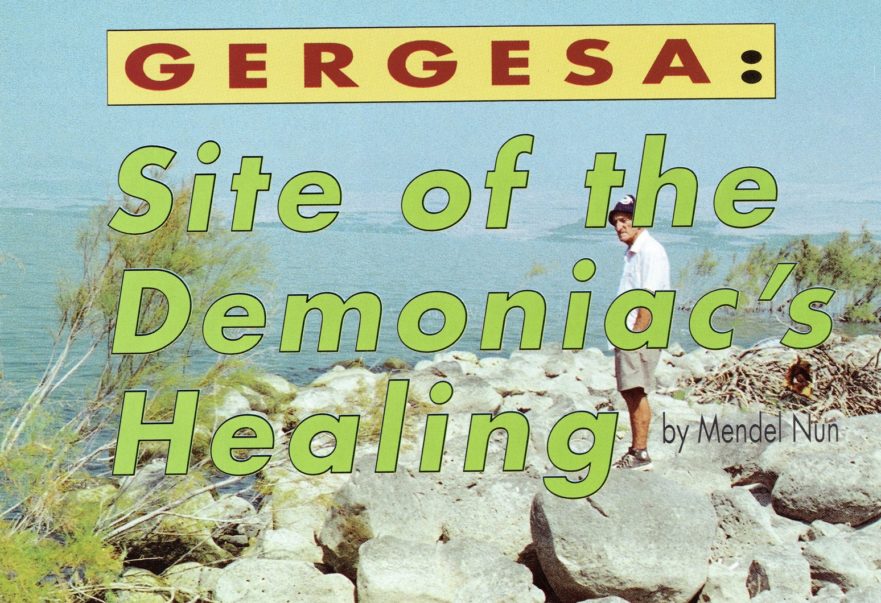
The recent discovery of many of the ancient harbors that ringed the Sea of Galilee is an exciting chapter in Sea of Galilee research. One of these harbors is located at Kursi, ancient Gergesa. In this article, Mendel Nun contends that the demoniac’s healing and the miracle of the swine took place at Gergesa, not Gadara or Gerasa.
Stewards of God’s Keys
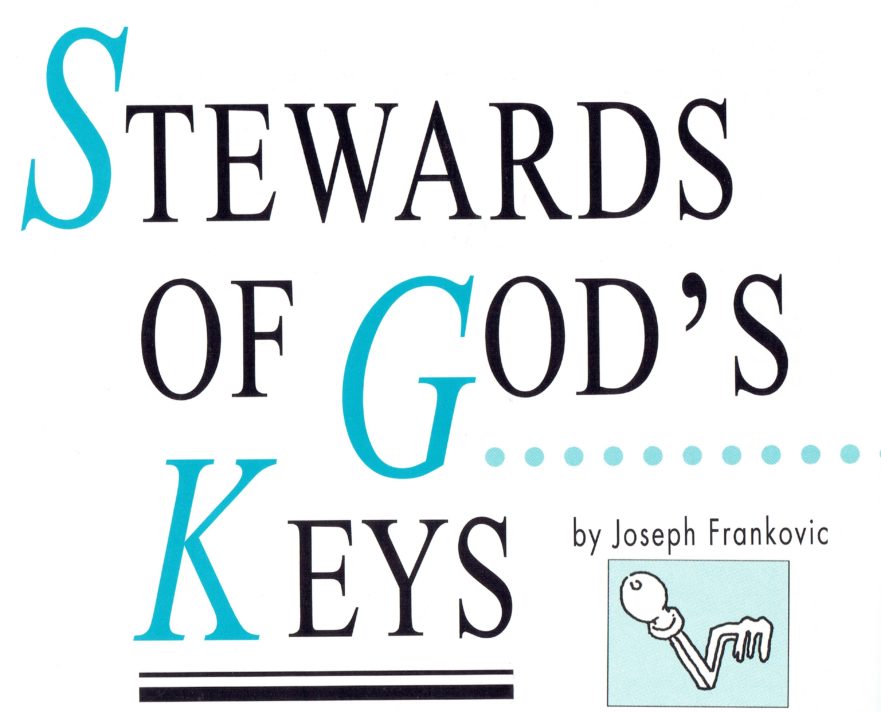
Jesus gave his disciple Peter the “keys of the kingdom of heaven” and promised that whatever Peter “bound” and “loosed” on earth would be “bound” and “loosed” in heaven. What scriptural allusions lurk beneath these expressions and what are their implications? How does the Jewish literary background of Matthew 16:19 help us better appreciate Jesus’ words?
“And” or “In order to” Remarry
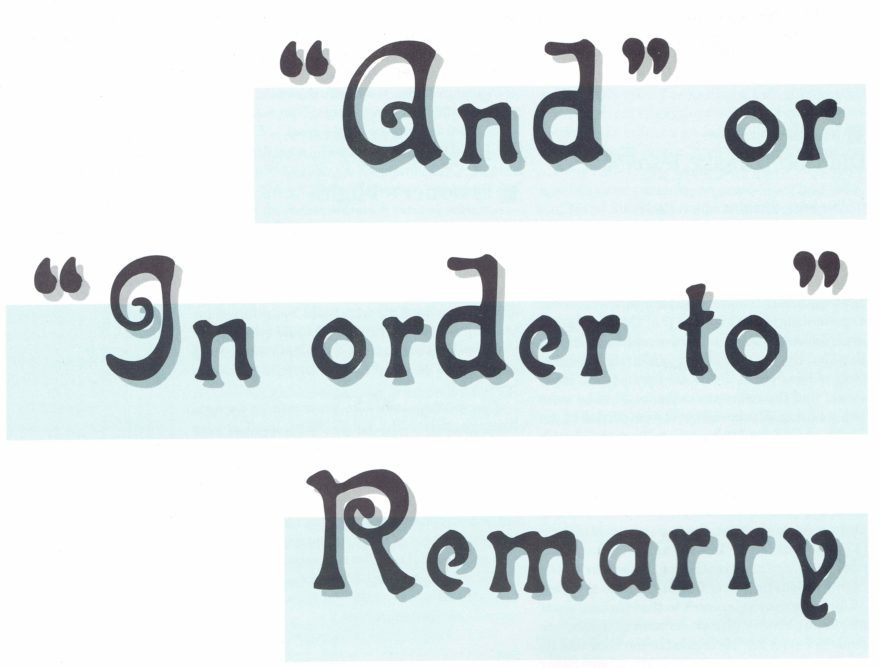
Apparently, contrary to normal Greek usage, Greek’s kai (“and”) in the sense of “in order to” occurs in the Synoptic Gospels.
A Doer of His Father’s Will
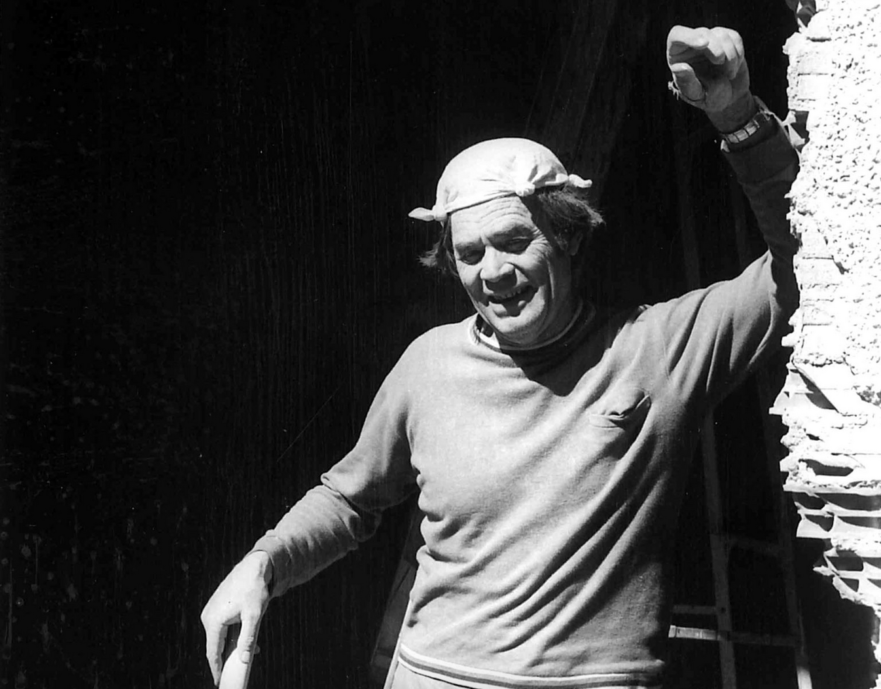
Following the death of Robert L. Lindsey on May 31, 1995, Jerusalem Perspective magazine published a memorial issue (October-December 1995, No. 49). Included in that issue were eight tributes to Lindsey written by his colleagues and students, including that of Joseph Frankovic, published here.
Reading the Landscape: Neot Kedumim, the Biblical Landscape Reserve in Israel
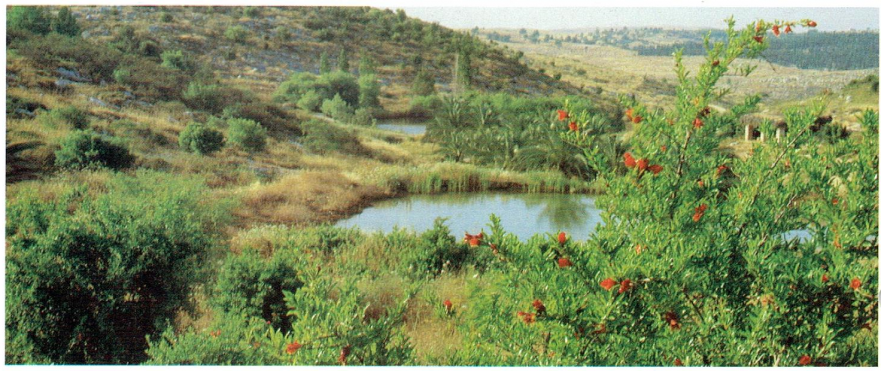
Neot Kedumim is dedicated to exploring and demonstrating the ties between the biblical tradition and the nature and agriculture of the land of Israel, as expressed in Jewish and Christian prayers, holidays and symbols. The reserve’s reconstructed biblical landscapes are open to guided and self-guided tours by groups and individuals.
To My Teacher, Pastor and Beloved Friend
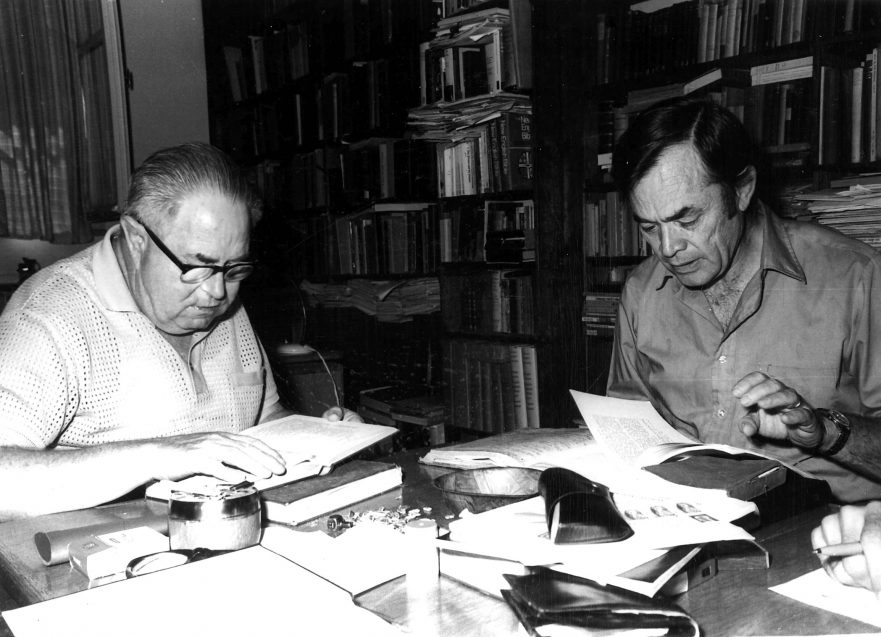
Dr. Lindsey was a creative scholar, who gave of himself to people in need.
Streams of Living Water: The Feast of Tabernacles and the Holy Spirit
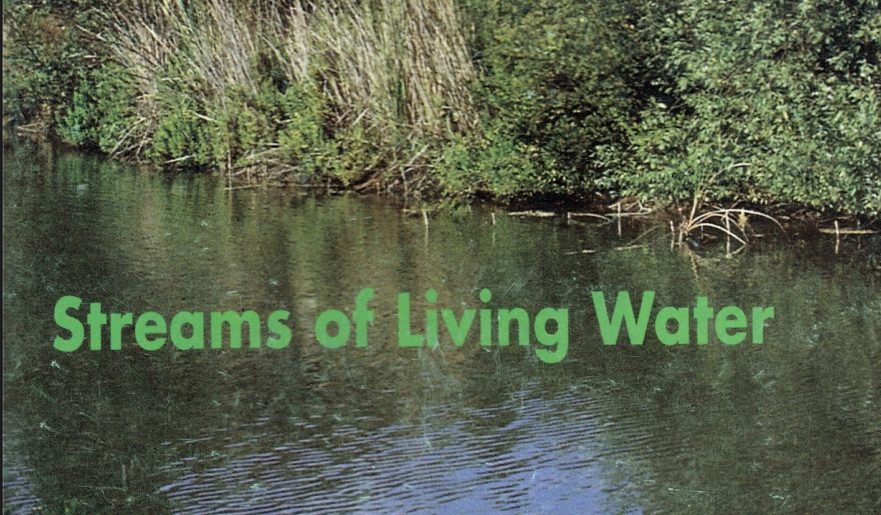
This year the festival of Sukkot, or Tabernacles, takes place on October 9—16. JERUSALEM PERSPECTIVE has asked the famous biblical landscape reserve, Neot Kedumim, to provide our readers with some of the reserve’s wonderful insights into this festival, and Neot Kedumim staff member Beth Uval has contributed the following.
Jesus at the Center
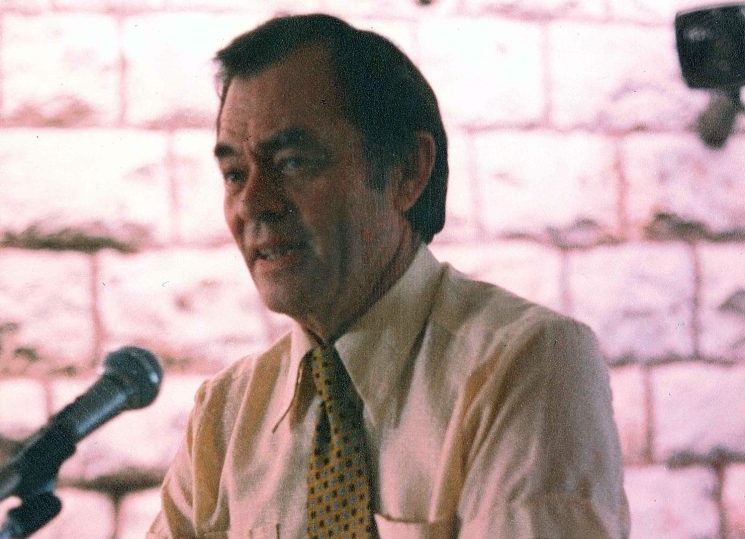
Robert Lindsey’s incomparable combination of a pastor’s heart and a scholar’s mind has touched literally thousands of lives, mine included.

